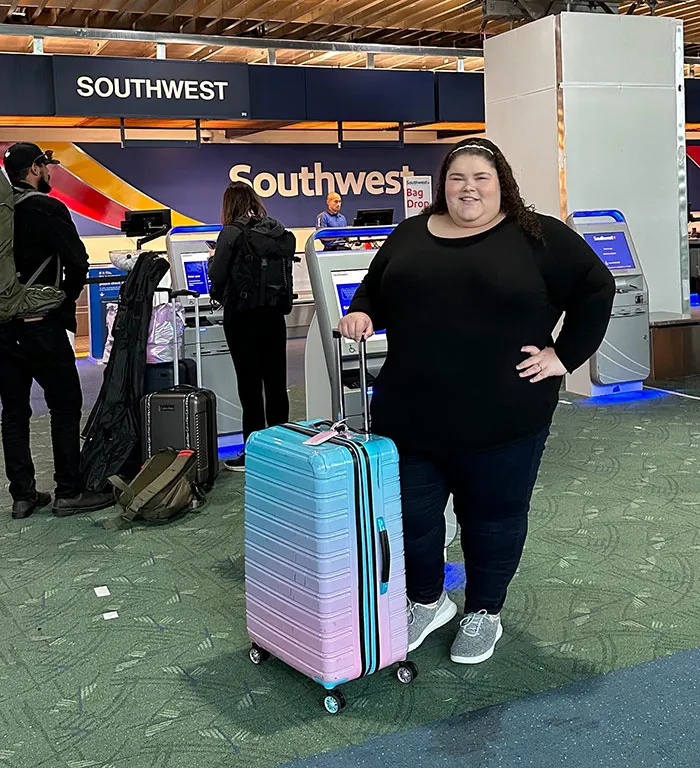A viral confrontation at Sea-Tac Airport has reignited conversations about disability access and body inclusivity. Jaelynn Chaney, a self-described fat activist, staged a protest after claiming staff refused to push her in a wheelchair, citing concerns about her size.

In emotional TikTok posts, Chaney described feeling “stranded” and “humiliated.” She argued that airports should either assist plus-size passengers or openly state their policies. “They’d rather lie and turn us away than admit they discriminate,” she said.

The online reaction was polarized. Supporters praised Chaney for speaking out against “size-based discrimination,” while detractors accused her of entitlement. “No one owes you labor that risks their health,” one critic commented. Others questioned why Chaney, who appears able to walk in her videos, needed assistance at all.
This isn’t Chaney’s first clash with travel providers. Last year, she went viral for demanding airlines provide free extra seats to plus-size passengers—a campaign that drew both support and accusations of unrealistic expectations.

The incident highlights the complex balance between inclusivity and practicality in public spaces. While advocates argue for universal accessibility, service providers grapple with legitimate safety concerns. As the debate continues, one thing is clear: There are no easy answers when bodies and infrastructure collide.






